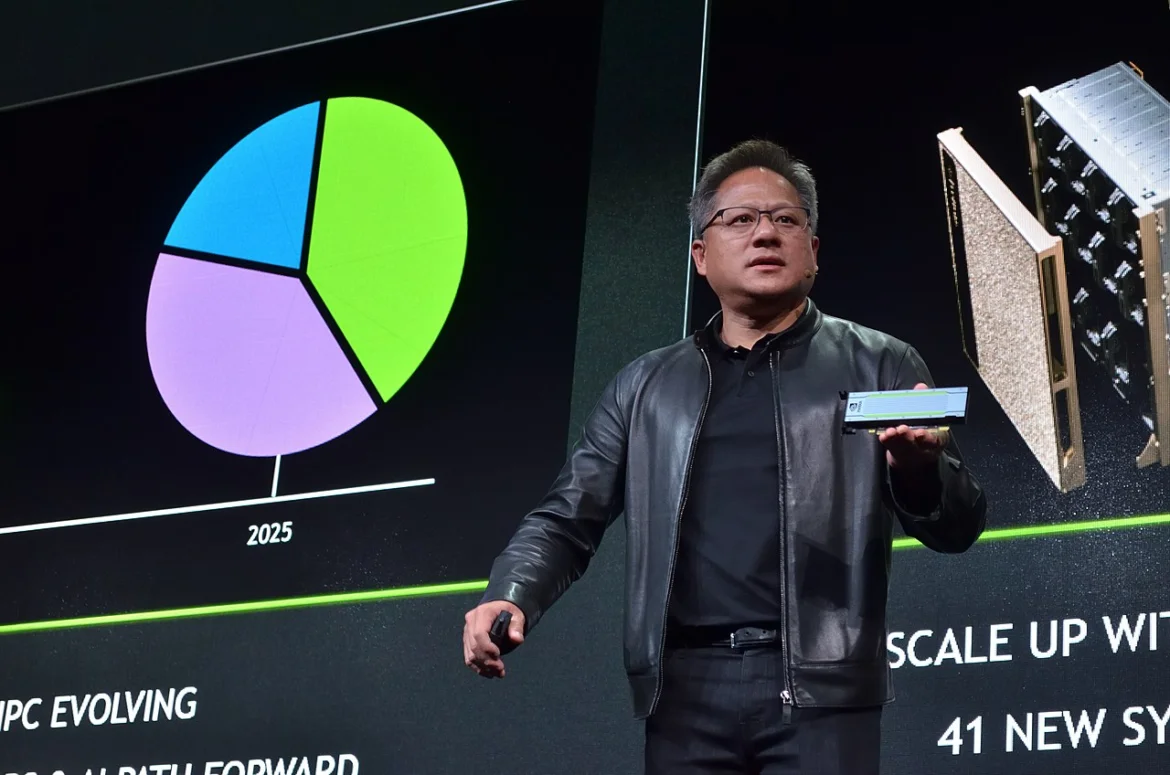Tech giant Nvidia is currently involved in a legal battle, facing accusations from a group of authors including Brian Keene, Abdi Nazemian, and Stewart O’Nan. The authors allege that Nvidia unlawfully used their copyrighted works to train its artificial intelligence (AI) platform NeMo without obtaining proper authorization.
The lawsuit, filed in San Francisco federal court, asserts that Nvidia utilized a dataset containing approximately 196,640 books, which included works authored by the plaintiffs. These literary works were incorporated into the dataset to facilitate the simulation of ordinary written language within the NeMo AI platform. However, the dataset was later removed in October following reports of copyright infringement.
The authors’ class-action lawsuit seeks unspecified damages for individuals in the U.S. whose copyrighted works contributed to the training of NeMo’s large language models (LLMs) over the past three years. LLMs serve as the foundation for AI tools like NeMo, which Nvidia promotes as a quick and cost-effective solution for implementing generative AI.
Works like Keene’s “Ghost Walk,” Nazemian’s “Like a Love Story,” and O’Nan’s “Last Night at the Lobster.” are included in the lawsuit. The suit alleges that these books were part of a dataset known as “The Pile,” which Nvidia admitted to using for training its NeMo Megatron AI models.
While Nvidia has declined to comment on the pending litigation, this lawsuit is part of a broader trend of legal actions against tech companies regarding the use of copyrighted content in training AI models. The lawsuit highlights the growing concerns among content creators regarding the protection of their intellectual property rights in the rapidly evolving landscape of AI technology.
As Nvidia continues to dominate the AI chip market, with its stock witnessing a significant surge, the outcome of this legal battle could have far-reaching implications for the future development and regulation of AI technologies. It underscores the need for companies to adhere to ethical standards and respect copyright laws while leveraging advanced technologies for innovation.
While the legal process unfolds, stakeholders across various industries will be closely monitoring the proceedings, as the resolution of this case could shape the future relationship between AI development and content creators.
For more such insightful news & updates around AI or Automation, explore other articles here. You can also follow us on Twitter.


Leave a Reply